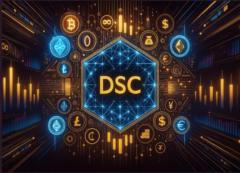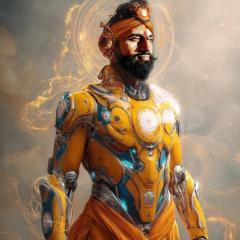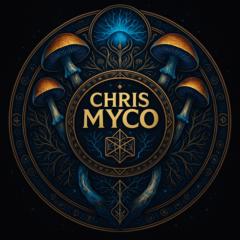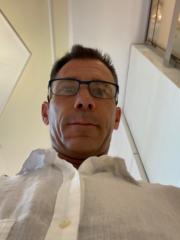Sep '25 • AI
Peter Thiel is not the AntiChrist?
Check this video out to learn more about why in his own words he is not creating the tech that the antichrist would use.
& are 2 people I listen to around the Paypal Mafia, Founders Fund and their influence on the world and tech. They are great to ask questions around it.
Also Im dropping some background on him below. Please view this not in the lens of fear but in the lens of awareness of what some people want to do with tech.
Who is Peter Thiel
- Born in 1967 in Germany; family moved to the US via South Africa and Namibia. Wikipedia+1
- Educated at Stanford (BA & JD). Later worked as a derivatives trader, lawyer, and founded his own ventures. Wikipedia
- Co-founded PayPal (with Max Levchin et al.) via Confinity / X.com. Wikipedia+1
- After PayPal was sold to eBay (2002), he went on to found or co-found a number of major entities:
- Palantir Technologies — Thiel co-founded Palantir in 2003. Palantir builds software for data integration, analysis, and predictive analytics. It has major contracts with government agencies (CIA, ICE, police, etc.). Critics argue its tracking / predictive policing tools raise concerns about privacy, surveillance, civil liberties. ResearchGate+1
- Founders Fund — Thiel’s venture capital company. Through it, he’s invested in many high-growth / often controversial companies (SpaceX, more). This gives him influence in shaping tech & infrastructure. Business Insider+1
- Political Influence — He has been a major donor and strategist in US politics. Thiel supported Donald Trump, funded political candidates, appears in policy discussions (especially around tech regulation, national security). He often frames his arguments in terms of resisting “soft tyranny,” defending privacy, etc., though critics argue his political engagements may align with surveillance and authoritarian leanings in some contexts. Tech Policy Press+2Business Insider+2
- Ideological Beliefs:
- Libertarian / techno-libertarian leanings: less trust in big government, greater trust in technology to solve problems (even sensitive ones).Interest in radical life extension, scientific research aimed at defeating aging or death. MediumSome of his writings and interviews show concern over decline of traditional institutions, cultural stagnation, and the possibility that technology (and elites who control it) will reshape society fundamentally. Medium+2Fortune+2
Surveillance State & Power Dynamics
- How Palantir ties in: Because Palantir’s software is used by government agencies for tracking, integration of multiple data sources, predictive policing, etc., Thiel’s involvement here means he is part of the infrastructure that enables extensive surveillance. Whether for law enforcement, immigration enforcement, or intelligence gathering, Palantir’s tools are deeply embedded. ResearchGate+1
- Data, contracts & secrecy: Many of Palantir’s government contracts are not fully transparent. There are controversies about how they are used, what data sources are included, and whether these systems respect civil liberties. ResearchGate+1
- Intersection with politics: Thiel does not appear just as a passive investor. He advocates for policies, supports political actors, funds think tanks or initiatives. His influence allows him to push for more surveillance-friendly or data-driven governance models, under the justification of national security, fraud prevention, innovation, or “efficiency.” Critics see a risk that some of these advocacy positions blur the boundary between private power and public authority. Tech Policy Press+1
Criticisms & Tensions
- Privacy vs control: Thiel claims libertarian values, but Palantir’s business often sits at odds with strong individual privacy protections. Critics argue control of data, who sees it, how decisions are made — are concentrated among a few.
- Elite / asymmetric power: The “PayPal Mafia” network means Thiel has relationships, influence across business, government, capital. Some argue this creates oligarchic tendencies — fewer checks on power, more ability to shape policies to serve privileged actors.
- Transparency and accountability: Because much of his work involves secret contracts, data-collection, predictive systems, there’s concern over lack of oversight, use of opaque data, risk of misuse.
- Ideological critiques: Some say Thiel’s worldview is shaped by pessimism about democracy, belief that “strong or efficient leaders” are needed, that technology and “founders” can or should substitute democratic institutions sometimes. That leads to tensions with democratic ethics or norms.
Why It’s More Than Just “Founding Things”
What makes Thiel’s role more complex is that he isn’t just a founder/investor; he shapes narratives, policy, tech infrastructure, and often sits in the space where private sector and public sector overlap:
- He helps fund tools that governments use (via Palantir, etc.), so private capital is deeply embedded in surveillance infrastructures.
- He influences regulation and policy decisions (through think tanks, political donors).
- His ideology supports tech as corrective to governmental failure — but also sometimes the substitute, which raises questions about accountability.
3
4 comments
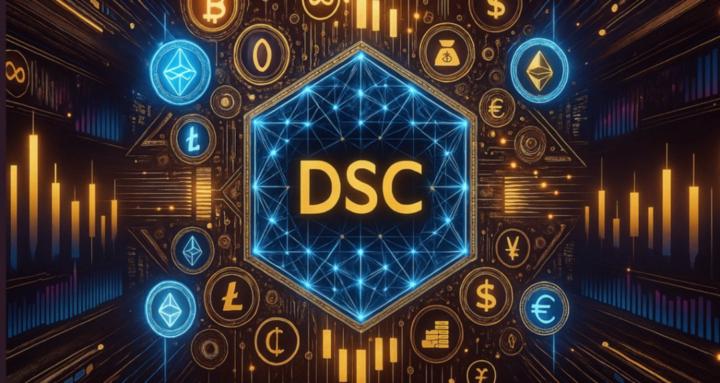
skool.com/divine-stewardship-community-8680
Co-create sacred abundance through spiritual embodiment, digital stewardship, and Web3 sovereignty in community.
Powered by
